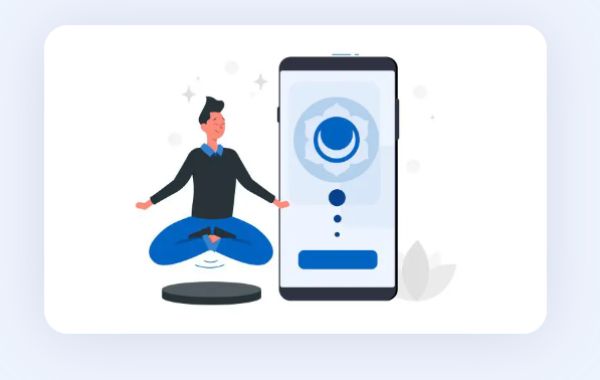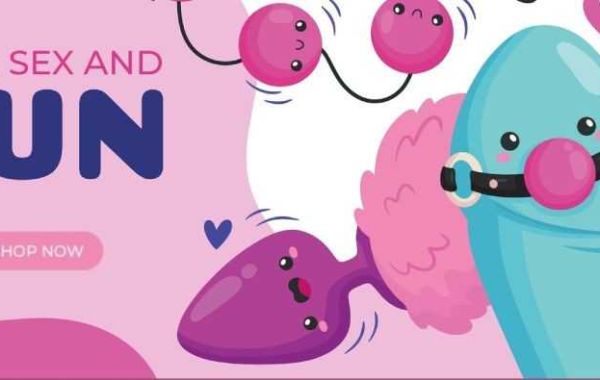By incorporating elements of gaming into mental health applications, developers aim to make the process of managing mental well-being more engaging, motivating, and effective. In this article, we explore the concept of gamification in mental health apps and its potential to empower users on their path to better mental health.
Understanding Gamification
Gamification involves integrating game-like elements, such as rewards, challenges, and points, into non-game contexts, such as mental health apps. The primary goal is to increase user engagement, motivation, and adherence to therapeutic activities. Here are some key ways gamification is being employed in mental health apps:
Rewards and Achievements: Mental health apps often reward users for completing specific tasks or achieving milestones. These rewards can be virtual badges, points, or even tangible incentives. Rewards tap into the psychological principle of positive reinforcement, encouraging users to continue engaging with the app.
Progress Tracking: Gamified apps frequently employ progress bars or visual representations of user accomplishments. Tracking progress provides a sense of achievement and helps users visualize their self-improvement journey.
Challenges and Quests: Apps may introduce challenges or quests that users can complete. These challenges can be related to therapy exercises, mindfulness practices, or other self-care activities. Completing challenges provides a sense of purpose and accomplishment.
Competition and Leaderboards: Some mental health apps incorporate competitive elements by allowing users to compete with friends or other app users. Leaderboards highlight top performers, fostering a sense of community and friendly competition.
Personalization: Gamification can be tailored to individual preferences and goals. Users may have the option to choose challenges or rewards that align with their specific needs and interests, making the app experience more engaging and relevant.
Benefits of Gamification in Mental Health Apps
Increased Engagement: Gamification techniques make self-care activities more engaging and enjoyable. Users are more likely to stick with the app and consistently engage in therapeutic exercises.
Motivation and Goal Attainment: Gamification provides users with a sense of progress and achievement, motivating them to reach their mental health goals. The feeling of accomplishment can boost self-esteem and confidence.
Skill Development: Gamified mental health apps often include interactive exercises that help users develop important skills for managing their mental well-being, such as stress reduction techniques or emotion regulation strategies.
Enhanced Learning: By presenting information and activities in a game-like format, users are more likely to absorb and retain mental health knowledge and strategies.
Reduction of Stigma: Gamification can help reduce the stigma associated with mental health care by making self-care activities feel more mainstream and accessible.
Long-Term Engagement: Users are more likely to continue using an app over the long term when it incorporates gamification. This extended engagement can lead to more sustainable improvements in mental well-being.
Challenges and Considerations
While gamification offers many benefits, it's essential to approach its implementation in mental health apps thoughtfully:
Ethical Concerns: Developers must prioritize user well-being and avoid manipulating users with addictive game mechanics.
Individual Differences: What motivates one user may not motivate another. Personalization is key to making gamification effective for a diverse user base.
Balancing Fun and Therapy: Striking the right balance between engaging gameplay and therapeutic content is essential to ensure the app remains effective.
Conclusion
Gamification in mental health app development represents a promising avenue for improving user engagement and motivation in self-care activities. By harnessing the principles of game design, these apps have the potential to make the journey towards better mental health more enjoyable and effective. However, developers must tread carefully to ensure that gamification is used ethically and that the primary focus remains on improving users' mental well-being. When implemented thoughtfully, gamification can be a valuable tool in empowering individuals to take an active role in their mental health journey.








